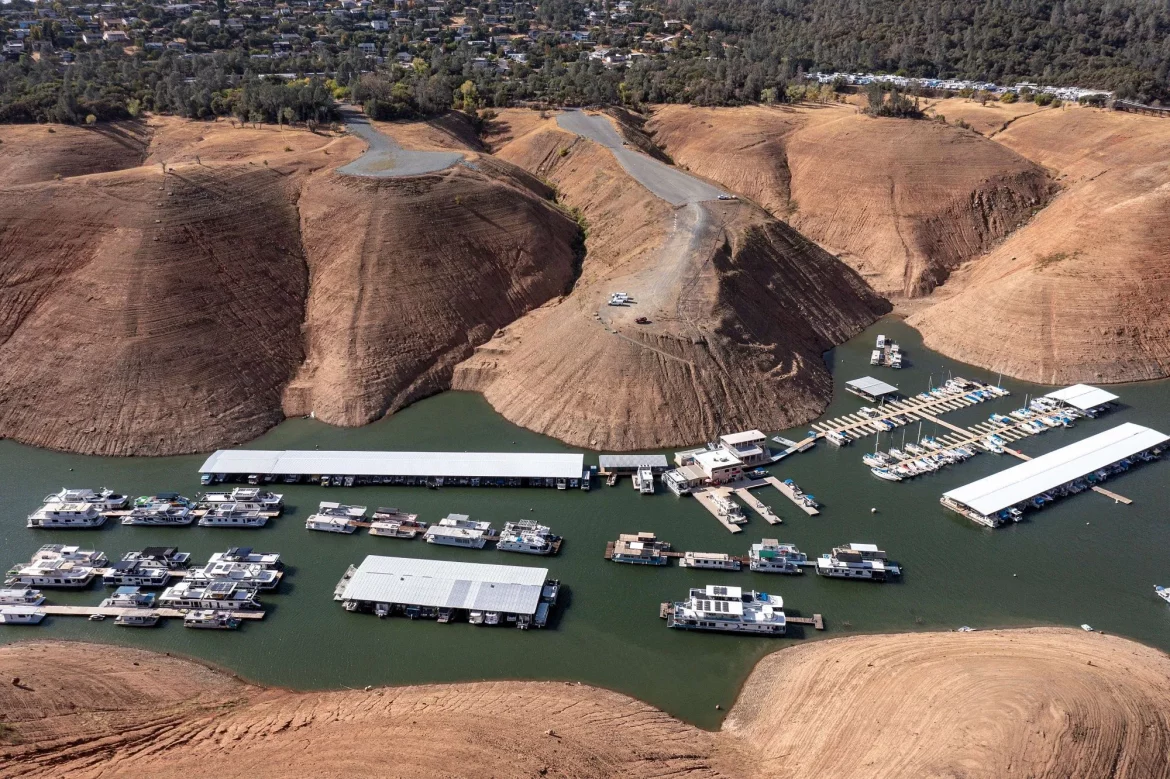A new study has shown that the megadrought gripping the American West has generated the driest two decades in the region in at least 1,200 years, and human-caused climate change has fuelled the problem.
In the study which was published in the journal Nature Climate Change, scientists analyzed droughts in southwestern North America dating back to the year 800 and found that conditions during this century are more severe than the megadrought in the late 1500s.
In the study, researchers warned that the conditions will likely continue through 2022 and persist for years.
Read also: World Bank: Clean air, healthy seas, coastlines degrading in Middle East, North Africa
According to a climate scientist at UCLA, Park Williams, “rather than starting to die away after wet years in 2017 and 2019, the 2000s drought has ramped up with authority in 2020-2021, making clear that it’s now as strong as it ever was”.
Williams who led the analysis using tree-ring data explained that there is no evidence that the 2000s drought is starting to relent.
While researchers said the U.S. West would be in drought regardless of climate change, they calculated that 42% of its severity can be attributed to higher temperatures due to human-related causes, citing greenhouse gas emissions trapping heat in the atmosphere.
The U.S. drought monitor explained that nearly 95% of the region is experiencing drought conditions, and along with it, more intense wildfires and declining water supplies in the Colorado River region.
The study also showed that water levels at the two largest reservoirs in the country, Lake Mead and Lake Powell, are at their lowest levels ever recorded and in 2020, the worst wildfire season on record burned more than 10 million acres in the U.S.
Story was adapted from CNBC.
